A long time ago when I was in middle school I had an idea to start my own story and brainstormed for 5 minutes and decided to let my fingers do the talking. I started writing the story and got a page into the story before I lost where I was going, and sort of got distracted and stopped writing.
Needless to say that when I came back to the story ready to write, I wanted to scrap the whole thing and start a new one, because I sort of forgot where I wanted to go with the story and thought I could brainstorm a better story.
And…I came up with nothing. I forgot that I had an interest in writing my own stories for a while.
The point is to be able to record my ideas and headspace during my inspiration so that when I begin the story I can start with the same inspiration, excitements, and ideas. I jot them down in my writer’s notebook before I write a story. And after a writing session, I jot most of my ideas down in my notebook or under the work I have done, so that I can immediately see it and can build off it, in the next session.
How to Start Writing a Book
But maybe that’s not the case for you. My methods may definitely not be yours.
Starting a book can be many different things between me and you. But there are so many ways to start a story. Starting a book can mean starting off with planning or research. It can also mean starting with describing a setting or how a character feels. It is completely up to you and I. But it definitely starts with writing.
How Does an Author Begin The Writing Process For a Book?
Planning?
A great story can start with planning. Planning for a story can look like many things. It can be
- Making note of the foundational aspects of your story
- Setting
- Themes and Messages
- Conflict and/or Resolution
- How the Story May Start Or End
- Character(s)
- Audience
- Basic Story Structure
- Important Events, etc
- Writing down your quick summary of the story
- Making a Title
- Or constructing a storyboard.
Research?
Depending on the type of story, type of inspiration, or things inside of a story you may prefer to start your story off with some research. Non-fiction stories or stories based on true events are the two popular types of stories that can start with research.
The First Words
For some people starting a story off with its first words are the best way to start. Planning a story can hinder itchy fingers, eager to start writing. So maybe the way to start a story off is to start writing while organizing, perfecting, structuring, and implementing key parts and points can come after.
Speaking
Sometimes when I am excited or perplexed about something and I need to think it out loud to make sense of my thoughts and ideas. This same principle can apply to writing. Vocalizing the start of a story as if you’re telling the story to your ideal listener. Writing your story this way can be fun and productive.
There Are Many Ways to Start Writing a Book: Here Are 7 Methods
From the beginning
Starting a story from the beginning of a story is very common, expected, and an obvious way to begin. But this way may not be as straightforward or simple as you think. There are various to do this. You can start the story…
With a description
- of a scene
- of how a character is feeling
- of the setting, how it looks, smells, feels, etc. (how the setting is experienced)
- of what the story is going to be about or entail
With a character
- in action
- in dialogue
- in thought: a character
can be thinking about whatever they are facing (whatever is in front of them)
in need, want, lack, or in an abundance of something
From The Middle
Starting a story off from the middle can be a sure way to captivate readers. Imagine it similar to how scenes are sometimes organized in movies. Like in movies, in books, you and I can begin a story with an event that in the plot of the story takes place in the middle.
Practically it can look like revealing an awesome event that happens in the middle, → then backtracking to the beginning to show the readers how the story got to that point → , and then writing an ending that is best for the story and satisfies the readers. This awesome event can be the climax
Starting from the middle doesn’t always have to refer to plots and events either.
- Introducing the central theme or message in the beginning: It can be the actual theme or an immature version theme that develops over the course of the story
- Introducing the main process of events. Or of recurring themes in the story. This can be done in many ways.
Let’s say the main character’s name is Poncho and during his introduction, I write that poncho has struggled his whole life but succeeds at everything he does.
For most parts of the story, the events can follow this theme, but at the end, I tweak the theme and present an alternate definition of the theme. Maybe Poncho succeeds at not succeeding or succeeds at something that wouldn’t commonly be recognized as succeeding.
From The End
Similar to starting a story from the middle. You and I can also reveal events that happen at the end in the beginning. This way you can allow your character to hope or hold onto something good.
But, starting a story this way can be tricky. This method can also be kinder to some types of stories than others. But can be done well nonetheless. Here are some ways you can do this.
- start the story backward
- Starts the story by exposing the plot
- Start the story revealing the effects and impact of what happens in the end without revealing what it is that happens yet
- Tease a possible ending that the reader will love and slowly get them to love the alternative ending you choose that should be better.
With Another Story
Starting a story with another story sounds weird but can make an amazing story. The most common examples of this are sequels or prequels, and stories that promise a series of some kind.
- start of the story with the character whose story is dependent on another story or happening.
- stories are not only written books but can be seen as what happens in life.
Speaking To The Reader
Speaking to the reader at the beginning of your story can be simple as asking the reader a question. Like a have you ever, how do you or a simple hi. You can also give the reader any sort of direction that relates to the story or their story experience. You can also address the reader
- Directly
- shocking the reader with something they did not expect
- starting with something the reader for sure expected
- appealing to them: asking them for or about something
- Speaking to a common experience or emotion the reader has most likely had, etc.
Addressing The Writer, As The Author Or Writer
Starting a story off with yourself rather than a character, setting or situation is completely possible. And a method that I am excited to try. Your or I can…
- start with our thoughts on the story
- speak on our experience writing the story
- or with a record or origin story of some sort that explains how the story came to be
- introduce ourselves as the main character
- candidly speak as ourselves…
Other
Other than the methods I mentioned, there are so many other ways to start a story.
- naturally (and most commonly) start your story
- with a letter of dedication or letter to the reader
- and whatever else you put into the comment section.
You may have another method for starting your story or use the methods I’ve mentioned above. What’s your favorite way to start a story and how have you done so so far?
Until my next words (on here that is)
Christa
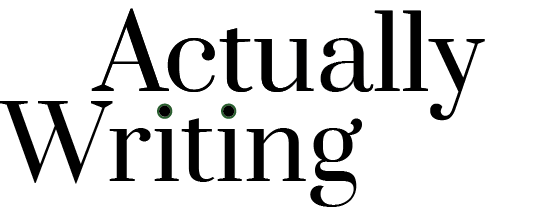
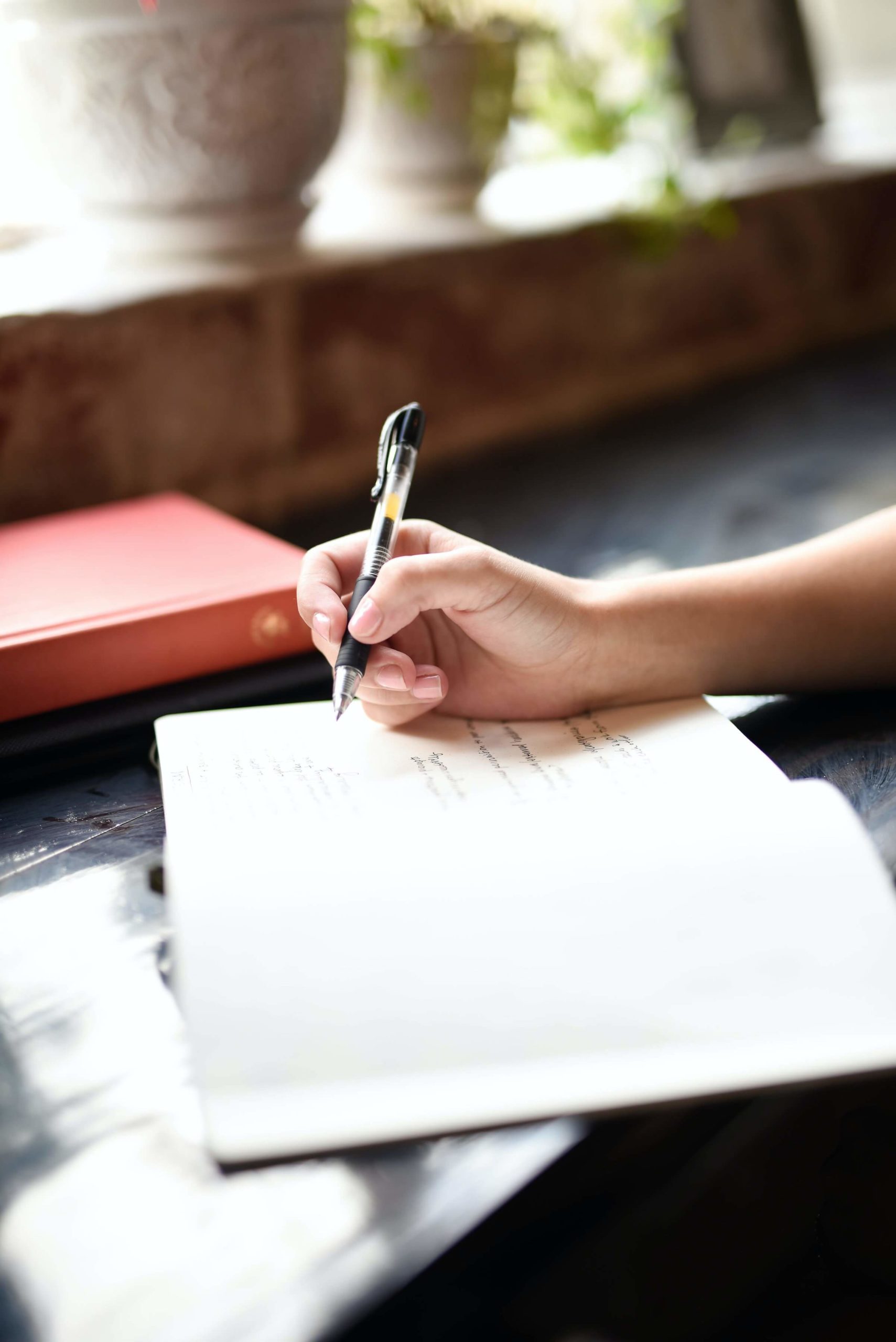


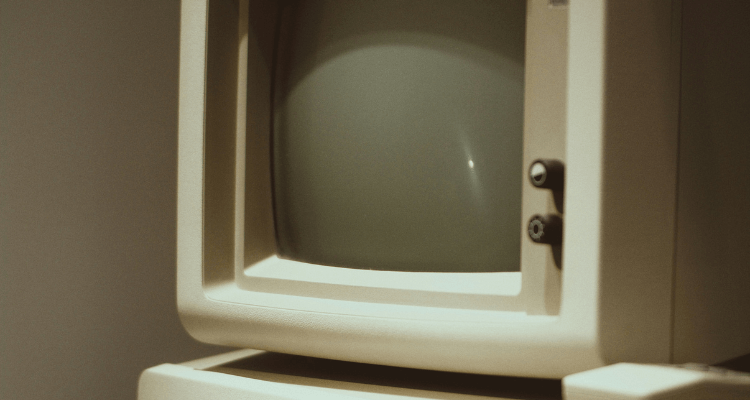
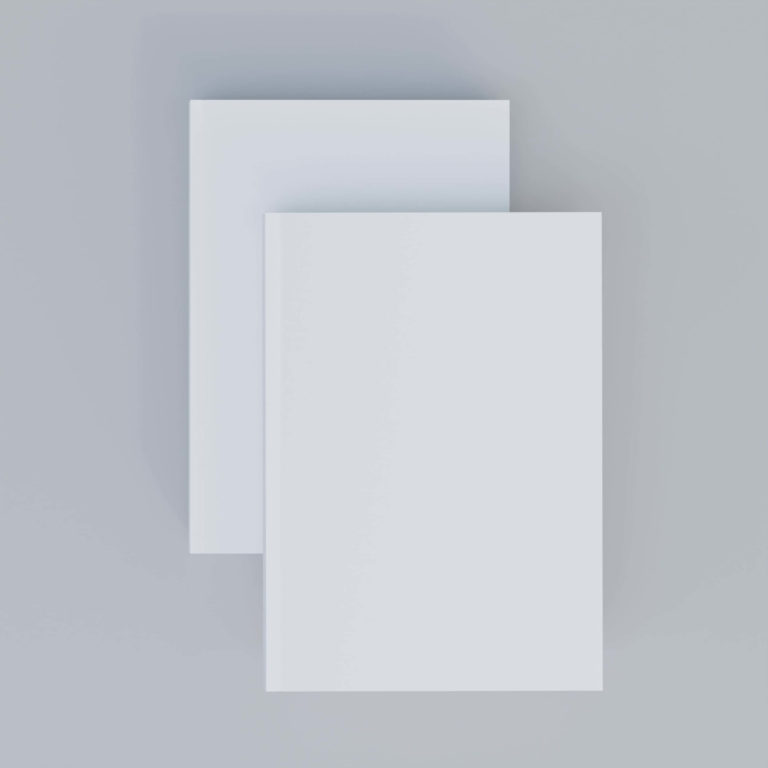

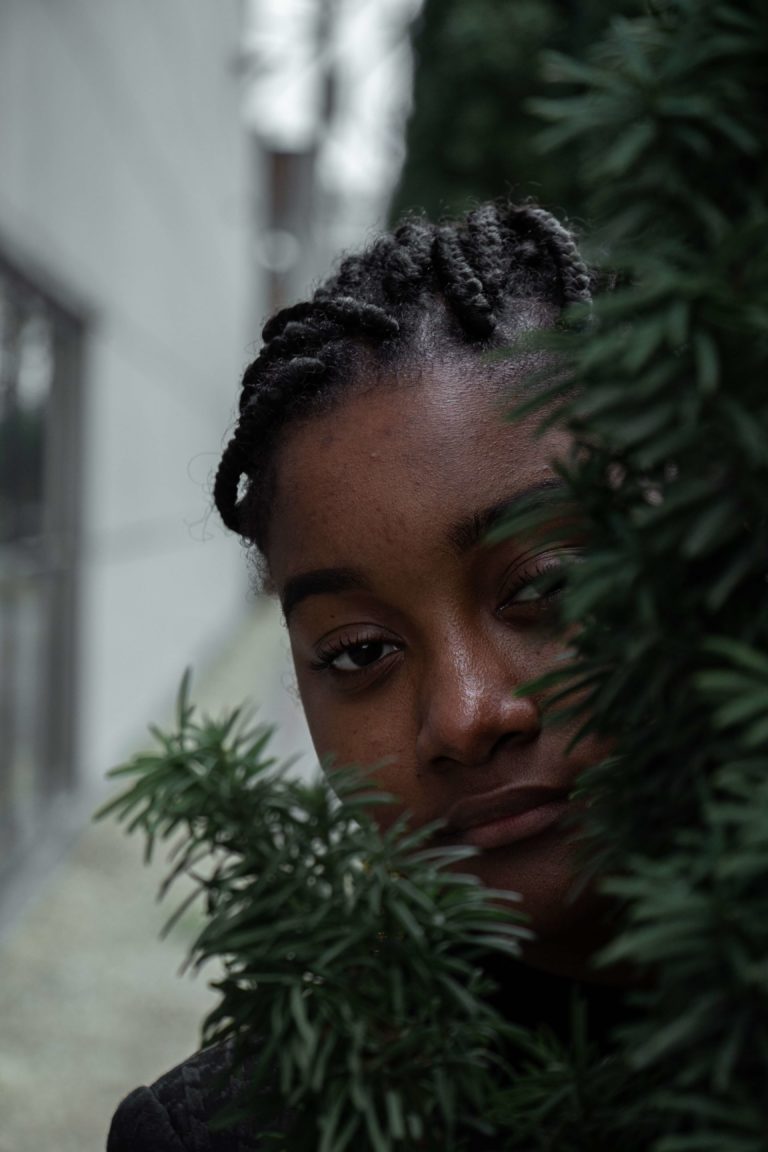
[…] piece requires different things to begin like planning, brainstorming, research, etc. So jumping into all ideas (with all of their different requirements), to at least start them […]